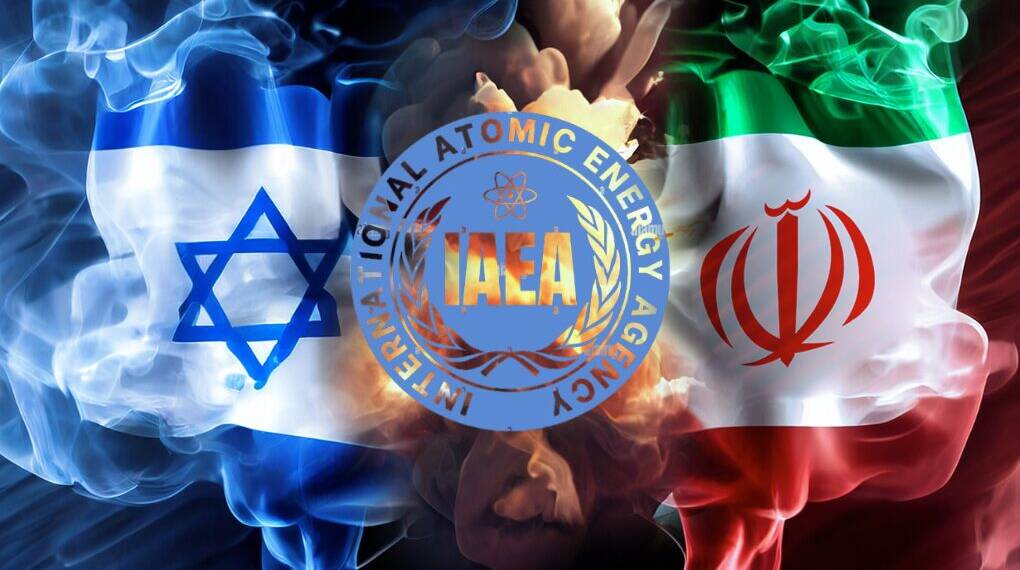The International Atomic Energy Agency (IAEA) is often presented as the global watchdog for nuclear compliance and non-proliferation. Established under the United Nations umbrella, its stated mission is to promote the peaceful use of nuclear energy while ensuring it is not diverted to military purposes. But as recent claims and events reveal, the question must be asked: Is the IAEA a neutral actor, or has it become compromised by geopolitical interests?
Allegations of Leaks and Assassinations
In a disturbing development, Iran has accused the IAEA of leaking the identities of its nuclear scientists to hostile states, specifically Israel. This comes amid a series of mysterious assassinations of Iranian scientists over the past decade, many of them key figures in Iran’s nuclear research program. While Israel has neither confirmed nor denied involvement, multiple credible sources suggest that Mossad was behind some of these targeted killings.
If Iran’s allegations are true, it raises severe concerns about the integrity and security of data shared with the IAEA. Member states — including Iran and India — are required under safeguard agreements to provide the agency with detailed information about their nuclear facilities, material, and personnel. If this data can be compromised, then the IAEA’s role as a neutral body becomes questionable.
India’s Case: The ‘Unnatural’ Deaths of Nuclear Scientists
India’s experience is equally unsettling. Since signing a country-specific safeguards pact with the IAEA in 2008, there has been a spate of unexplained deaths among Indian nuclear scientists. According to an Asia Times report (2019), “hundreds of deaths of scientists involved in the Indian nuclear program remain ‘unexplained’.” These were not routine deaths; many were described as suicides, accidents, or mysterious disappearances — often with no follow-up or public investigation.
While no direct link has been publicly established between the IAEA and these incidents, the timing raises questions. After the agreement, India began sharing detailed information with the agency, including potentially the identities and roles of key nuclear personnel. Were these disclosures later exploited by foreign intelligence agencies?
IAEA’s Dual Identity: Technical vs. Political
The IAEA walks a delicate line. On the one hand, it is a scientific and technical body that conducts inspections and verification. On the other hand, it is a political institution influenced by powerful member states, especially those with veto power in the UN Security Council. Critics argue this dual identity makes it vulnerable to manipulation.
For instance, the U.S. and its allies have frequently used IAEA reports to justify sanctions or diplomatic pressure, while others, like Israel (a non-signatory to the Nuclear Non-Proliferation Treaty), have largely remained outside the agency’s scrutiny.
If states with intelligence and military interests can access or influence IAEA-collected information, then the very notion of neutrality collapses.
The Need for Reforms and Accountability
For the IAEA to reclaim trust, especially among countries in the Global South, it must undertake several reforms:
Data Security: Strengthen protections for sensitive information, including nuclear personnel identities.
Transparency: Provide clear mechanisms for investigating breaches and leaks.
Equal Oversight: Apply safeguard obligations uniformly, including to nuclear-armed states like Israel that currently sit outside the NPT.
Whistleblower Protections: Encourage reporting of internal compromise or influence without fear of retaliation.
Conclusion: Neutral in Mandate, Political in Practice?
The IAEA was created to be an impartial guardian of global nuclear safety. But the growing body of circumstantial evidence — from Iran’s assassinated scientists to India’s mysterious deaths — casts a long shadow over its operations. If it is to function as a truly neutral institution, it must confront the perception (and possibly the reality) that it is a conduit for strategic espionage under the guise of global oversight.
Until then, countries may justifiably question whether cooperation with the IAEA comes with too high a price.








